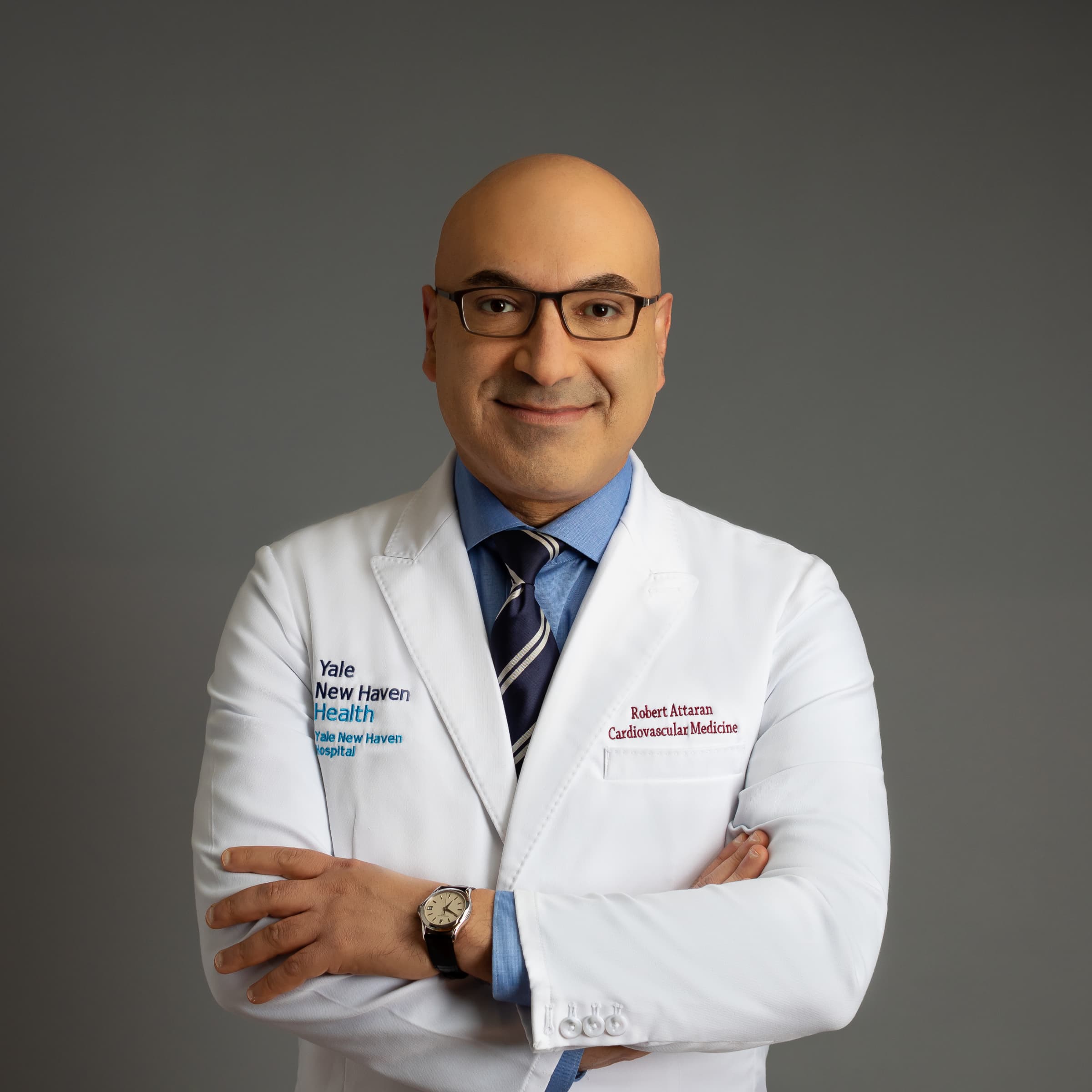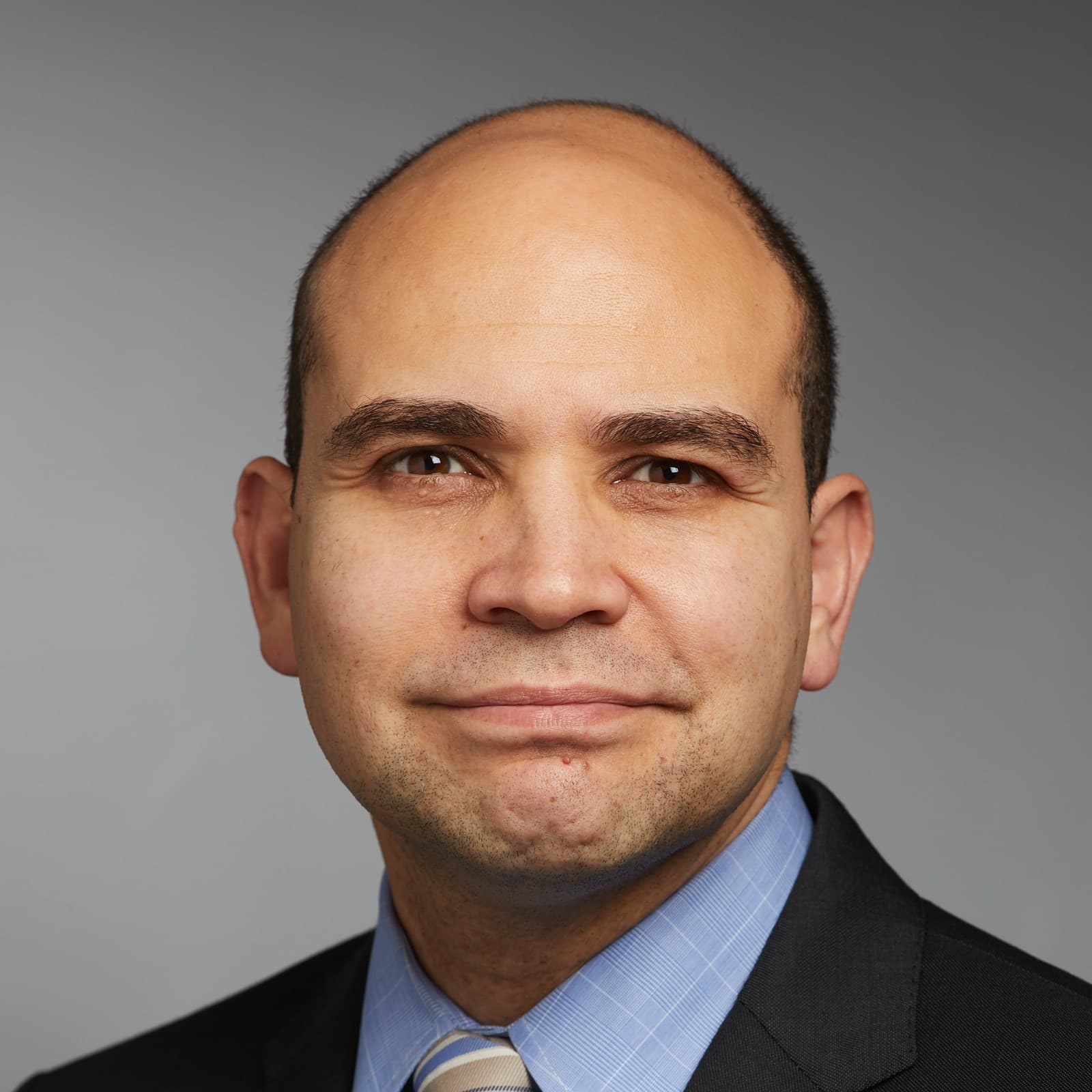Endovenous Ablation for Varicose Veins
Definition
Endovenous ablation for varicose veins is a minimally invasive medical treatment that uses heat to close off and seal problematic veins, thereby redirecting blood flow to healthier veins. This procedure is commonly used to treat varicose veins, which are swollen, twisted, and sometimes painful veins that have filled with an abnormal collection of blood.
Related Specialists
Showing 3 of 7
Related News
Related Departments
Showing 3 of 16
Pathology
Our expert pathologists are key players in all health care provided by Yale Medicine. By studying bodily fluids and tissues, we help other physicians make diagnoses. We offer highly specialized diagnostic and consultation services in all major specialty and subspecialty areas of pathology. Our subspecialists attend all regular meetings in which a number of doctors from various specialties review and discuss a patient's medical condition and treatment options.They are on call around the clock, ensuring that doctors working in oncology, surgery, transplantation, and other service areas always have access to our expert knowledge. Our internationally recognized physicians offer specialized expertise in breast, cytopathology (cell), dermatologic, endocrine, gastrointestinal and liver, gynecological, head and neck, hematologic (blood), neurologic, ophthalmologic, pediatric, kidney, soft-tissue and bone, transplant, thoracic and urologic pathology, molecular and genomic pathology, and autopsy pathology. Specialized care is offered in the following areas: Accredited PD-LI testing Autopsy Cytopathology Intraoperative frozen section and tumor triaging service Molecular diagnostics and tumor genomics profiling Pediatric pathology Support laboratories: histology, immunohistochemistry, translational pathology, and electron microscopy and quantitative immunofluorescence analysis of multiplexed tumor markers Surgical pathology with subspecialty expertise in gastrointestinal tract and liver; prostate; bladder; kidney; gynecological tract; endocrine system; head, neck, and oropharynx; bone and soft tissue; hematologic and lymphoid system; brain, muscle and eye; pulmonary system; and transplantationCardiovascular Medicine
At Yale Medicine, our cardiovascular physicians specialize in all types of heart conditions. Our expert teams focus on heart-related health issues, such as heart disease genetics, heart rhythm problems, heart failure, heart and blood vessel conditions, and heart transplants. Our cardiologists do more than just see patients; they also conduct research to learn more about the complexities of various heart diseases and investigate better ways to treat them. Through their work in five research centers at Yale our cardiologists participate in major research initiatives focused on all aspects of heart health. Our research teams are comprised of experts from all over the world—eight different countries and four continents, to be exact! Specialized care is offered in the following areas: Adult congenital heart disease Arrhythmia Cardiac imaging Cardiomyopathy and congestive heart failure Coronary heart disease General cardiology (including stress tests and holter monitoring) Peripheral vascular heart disease Vascular heart diseaseVascular Surgery & Endovascular Therapy
At Yale Medicine, our team of highly trained vascular surgeons are here to help with a variety of circulation issues. This includes anything from blocked blood vessels and stubborn wounds to conditions that could lead to losing a limb. Our goal is to give complete care that's as easy on you as possible, which is why we focus on techniques that don't require major surgery, like treatments done inside the blood vessels themselves. Our doctors give personalized and complete care to adults with vascular problems. We rely on the newest and most advanced equipment and methods to diagnose and treat these conditions. Specialized care is offered in the following areas: Abdominal and thoracic aortic aneurysm: Bulges in the main artery that can occur in the belly or chest area. Aortoiliac occlusive disease: Blocked arteries that supply blood to the abdomen, pelvis, and legs. Carotid artery stenosis: Narrowed arteries in the neck that can reduce blood flow to the brain. Claudication: Treatments to help relieve cramping in the legs while walking or exercising Diabetic ulcers: Sores that are slow to heal in people with diabetes. Dialysis access: For patients who need dialysis (a treatment for kidney failure), we create an entry point into the bloodstream that the dialysis machine can use. Foot ulcers: Sores on the feet that can develop due to poor circulation or other health issue. Lower extremity artery conditions Lower extremity vein conditions Renal vascular disease: Conditions that affect blood flow to the kidneys. Thoracic aortic aneurysm and aortic dissection: Bulges and tears in the part of the main artery that runs through the chest. Thoracic outlet syndrome: Discomfort or circulation problems caused when blood vessels or nerves just below the neck are compressed. Varicose veins: Treatments to remove or reduce enlarged veins that appear most often on the legs. Visceral artery disease: Blood vessels that supply the internal organs, ensuring they're not narrowed or blocked.



